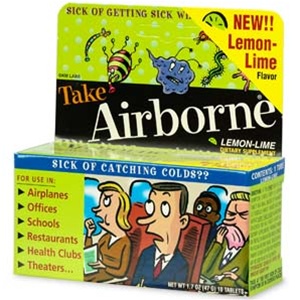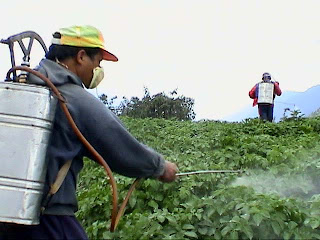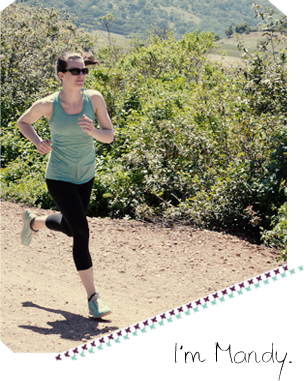Every time I hear someone complain about how expensive organic produce is or say how they don’t see a difference anyways, I wonder how much they really know about pesticides, fertilizers, growth hormones, and all of the other horrendous things we do to our food.
In what we eat:
Foods that are treated with pesticides carry the residues and easily make their ways into our bodies. Because pesticides are applied directly to the foods, the fruit, vegetable, grain, ect. can absorb the chemical(s) through the soil, the water, and sometimes even itself. This means that not all of the residue is able to be washed off, and we often ingest them.
In the United States alone, about 800 million pounds of pesticides are used every year in our agriculture industry.
Pesticides have worked their way into all of our foods, even in those who are the most important to protect, young children. Baby food was tested by the Environmental Working Group and was found to contain pesticides. Their report states that:
“Sixteen pesticides were detected in the 8 baby foods tested, including three probable human carcinogens, five possible human carcinogens, eight neurotoxins, five pesticides that disrupt the normal functioning of the hormone system, and five pesticides that are categorized as oral toxicity category one, the most toxic designation.”
Effects on the environment
Long after pesticides have stopped being used they are found in the environment (including the soil, other plants, and water). DDT is an excellent example of this. DDT (dichloro-diphenyl-trichloro-ethane) is an insecticide that began being used worldwide in 1946 to increase agricultural production and to protect people from diseases carried by insects. DDT was banned in 1972, and yet it is still being found in water sources, the soil, foods, and even in us. Mothers pass DDT on to their children, and it bioaccumulates over generations.
We are creating “super bugs” that can withstand our pesticides. We are killing off all of the bugs that can be killed with the pesticides while the rest who are naturally immune mate until they are the majority of the species. This only leads to the constant need to produce more powerful (and considerably more dangerous and toxic) pesticides.
We ingest pesticides even when we are not eating food through our drinking water.
Some affect our ozone layer. Others harm wildlife by either poisoning them, or removing one of their key sources of food from their area (for instance when a certain bug is killed that a species particularly relies on).Much of the decrease in bees and the possibility that soon bees will be extinct are because of the pesticides we spread and their harmful effects.
Impacts on workers (and most likely consumers)
Pesticides cause cancer (including breast cancer, leukemia, brain cancer, and many others), changes in hormone and nervous system functioning, birth defects, may be related to Parkinson’s, decrease in IQ, ADHD in children, and infertility.
The people who work on the farms bring home the pesticides on their clothes and in their bodies. Many children are harmed because of their early exposure to pesticides, whether in utero or after birth. One of the clearest examples of this is
Kettleman City where the number of birth defects is not only shockingly high, but rising.

Manufactures of pesticides do not have to show longterm affects of their products before they are used on our foods. Instead they only have to show toxicity in small doses, and they do not need to test for reactions with other pesticides that may mix during application, growth of the food, or ingestion.
Best ways to prevent pesticide exposure:
1. Buy organic! This not only protects you, but the environment and the people who work to create your food.
2. Wash your food with water (and sometimes a brush if it helps) to remove residues on the outside of the food before eating or cooking.
3. Eat a variety of foods to prevent being exposed to a few pesticides in higher concentrations (this also is beneficial for your diet, and by eating many things you will not only be ingesting a few pesticides over and over again).
4. Eat your fruits and vegetables. Eating a healthy diet full of colorful fruits and vegetables is one of the best ways to keeping your body healthy and happy. Even though it seems frightening, not eating fruits and vegetables is not the solution to avoiding pesticide exposure.
5. Grow your own organic food.
6. Cook your own food instead of buying pre-made food or eating out. You will know exactly what went in to it. (It is also cheaper.)
7. Buy your fruits and vegetables from local farmers markets. Although many farms are not USDA certified, that does not mean they are not growing their foods organically. The USDA certification is often too expensive for many small farms that are organic.
8. Take resources with you to the store. There is an app and the EWG’s printable list to help you on the go.






















